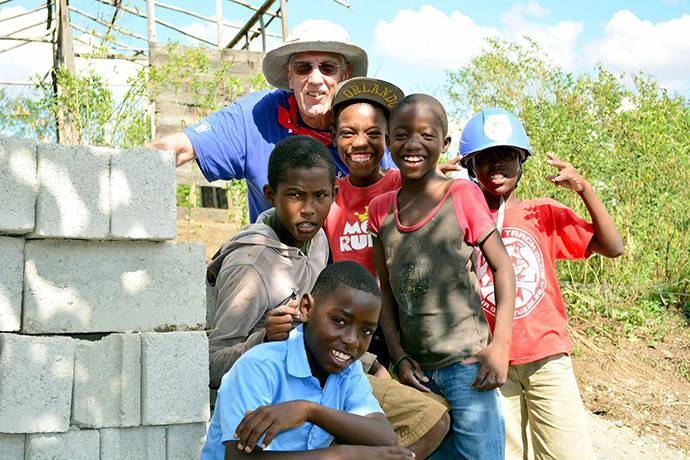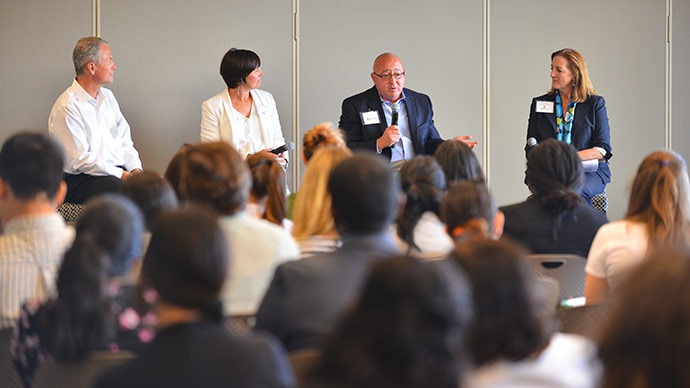Blog
Posted on August 24, 2015
By Dr. John van Keppel
 Participating in an international service project can be a major life experience. No matter where you are traveling or whether you’re a first-timer or a well-seasoned participant, the experience will most certainly open your eyes to the realities of how others live. The following are tips that will help you get the most out of your service project, from start to finish.
Participating in an international service project can be a major life experience. No matter where you are traveling or whether you’re a first-timer or a well-seasoned participant, the experience will most certainly open your eyes to the realities of how others live. The following are tips that will help you get the most out of your service project, from start to finish.
Continue Reading
Posted on August 10, 2015
By Teresa Yao and Afton Branche, TrustLaw
Running a non-profit is not an easy task. Maybe you’re short on funding. You’re not sure what hoops you’ll have to jump through to start working in a new country. Or you have no idea how to review your first partnership agreement. Seeking legal counsel can make it all a bit easier (especially if that counsel is free!)

Photo: REUTERS/Dwi Oblo
TrustLaw, the Thomson Reuters Foundation’s global pro bono service, is dedicated to connecting NGOs and social enterprises with leading law firms who provide free legal services around the world. Since 2010, we have assisted with free legal assistance in 177 countries ranging from commercial and employment advice, to legal research programs taking a deep dive on legislation across dozens of countries.
Continue Reading
Posted on July 31, 2015
By Anne Bertucio, Waldron
For recent graduates and students interested in international development work, finding that first professional position can be daunting. Students often juggle volunteer work, unpaid internships and endless networking in hopes of getting a foot in the door.

On July 24, Global Washington members along with international development students and interns gathered at PATH’s headquarters in Seattle for Charting a Career in International Development, featuring an accomplished panel of speakers: Lincoln Miller, Senior Director, Program Management at Landesa; Nancy Ward, Chief Engagement Officer for World Justice Project; and David Wu, Chief Development Officer at PATH.
Continue Reading
 Participating in an international service project can be a major life experience. No matter where you are traveling or whether you’re a first-timer or a well-seasoned participant, the experience will most certainly open your eyes to the realities of how others live. The following are tips that will help you get the most out of your service project, from start to finish.
Participating in an international service project can be a major life experience. No matter where you are traveling or whether you’re a first-timer or a well-seasoned participant, the experience will most certainly open your eyes to the realities of how others live. The following are tips that will help you get the most out of your service project, from start to finish.
